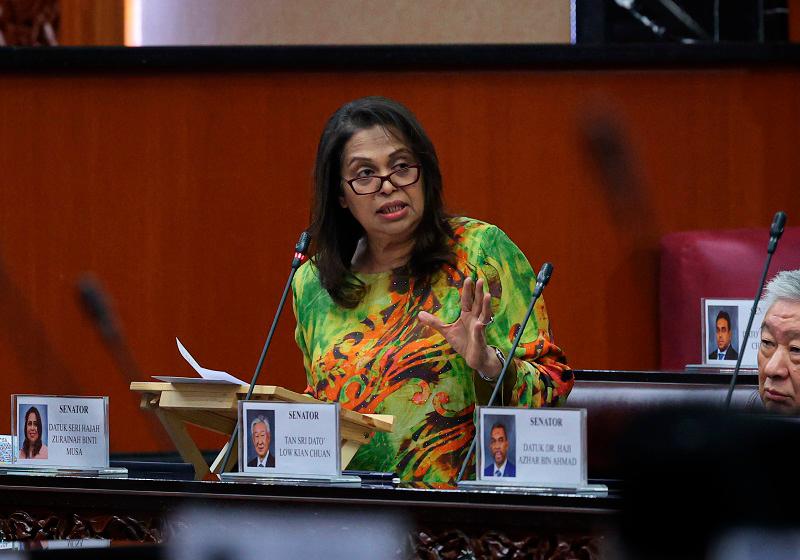KUALA LUMPUR: A member of the Senate has proposed that the government implement a minimum wage based on locality, rather than the blanket approach nationwide as announced during the tabling of the Budget 2025 on Oct 18.
Senator Datuk Seri Dr Zurainah Musa cited Indonesia as an example where minimum wages were successfully set according to locality.
“Try implementing a minimum wage by district and state, as each locality has different living costs. We need to align this, as a minimum wage of RM1,700 in Kuala Lumpur may be insufficient but it could be enough in rural areas.
“I urge the government to consider this, like how we take into account living costs and family expenses in the case of targeting subsidies. Why can’t we do the same to determine minimum wages?” she said during the debate on the Supply Bill 2025 in Dewan Negara today.
Similarly, Senator Datuk A. Kesavadas suggested that the government adopt the approach used in New Jersey, United States, where the minimum wage rate has been gradually increased every year since 2011.
“Malaysia could consider starting by raising the minimum wage to RM1,600 next year, and then increasing it by 6.6 percent each year for the next five years.
“By 2026, it will rise to RM1,696, followed by RM1,797 in 2027, RM1,904 in 2028, and eventually reaching RM2,018 in the fifth year. This approach will be more manageable for employers,“ he said, explaining that the proposed 6.6 percent increase was based on double the current inflation rate.
Kesavadas also suggested that the government grant exemptions to micro businesses with an annual income below RM500,000.
During the debate, a proposal was also put forward for the government to introduce a dedicated digital subject at the primary school level.
Senator Tan Sri Mohamad Fatmi Che Salleh emphasised that such an initiative is crucial to equip the younger generation with the skills needed to tackle future digital challenges through a well-designed curriculum.
The proposal was later seconded by Zurainah, who said it would not be difficult to implement, given that young people today are gadget-savvy, which would make it easier for them to adapt.
The Senate session resumes tomorrow.









